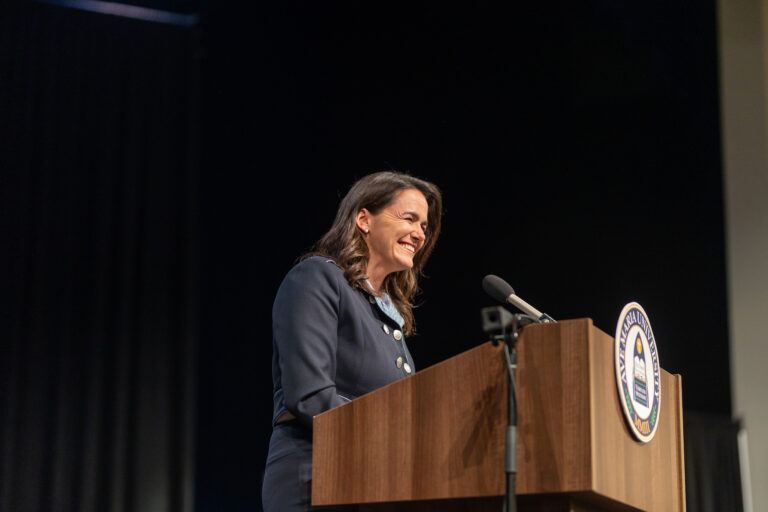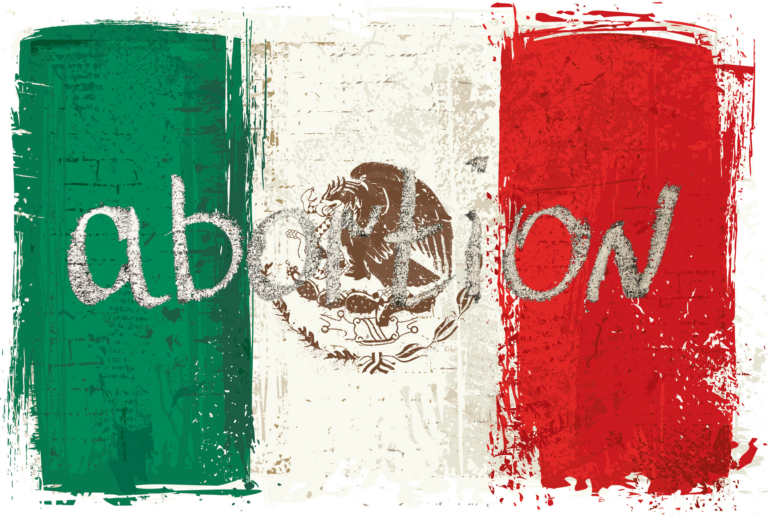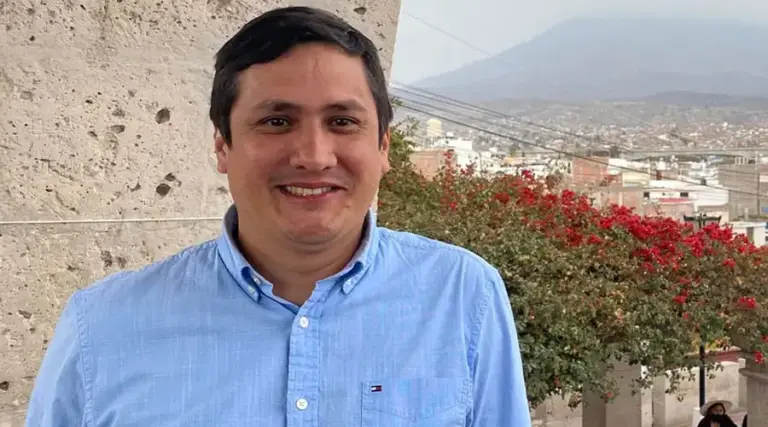President Bill Clinton and the population control lobby have been thwarted in their attempt to increase foreign family planning spending $169 million for 2001. The increase would have restored US spending for family planning to the 1995 record level of $542 million. But key members of the House Appropriations Subcommittee on Foreign Operations blocked the increase by citing reports by Population Research Institute of human rights violations in US-funded family planning projects in Peru.
During 11 April 2000 US congressional hearings, Subcommittee Chairman Sonny Callahan (R-AL) told United States Agency for International Development (USAID) “not to expect funding higher than the current level” for foreign family planning spending and added that USAID is participating in something that violates US law.
Democrats supportive of population control contended that an increase in USAID foreign family planning spending was needed to reduce abortion rates in the developing world. Reps. Nancy Pelosi (D-CA) and Nita Lowey (D·NY) called the Mexico City Policy, which prevents US funds from going to foreign NGOs that lobby for or perform abortion, a “gag rule” opposed to freedom of speech provisions. The two then sought to carry the Clinton population control banner forward with an $169 million increase in foreign “family planning” spending.
However, the initiative was promptly stonewalled by Republicans who used data on USAID’s funding of “forced sterilization” in Peru. PRI’s December I999 investigation of USAID-funded family planning projects in Peru revealed wide-spread and ongoing abuses.
USAID ‘Malfeasance’
At PRI’s congressional briefing on 14 March 2000, Congressman Christopher Smith (R-NJ) expressed doubt over USAID’s ability to regulate the reform of the Peruvian family planning program. Smith also accused USAID of “malfeasance” in not reporting to Congress the abuses in Peru which were easily documented by PRI investigators. At the 11 April congressional hearing, suspicion of USAID wrongdoing deepened when USAID administrator Brady Anderson reported that USAID was working with the Peruvian Ambassador to the US and the Peruvian Ministry of Health (MOH) to investigate the abuses. Anderson surprised members of the Subcommittee when he admitted that USAID was collaborating with the Peruvian Ambassador and the MOH to “root out” the problem.
United States law deems that USAID itself investigate abuses. Relying on the perpetrator of the abuses to investigate them not only circumvents the regulatory provisions of the law, it opens the door to reprisals against those women who have been abused.
A 6 April 2000 letter from the Peruvian Ambassador, Alfonso Rivero, to Congressman Todd Tiahrt (R-KS) states that Peru’s “Ministry of Health is carrying out an exhaustive investigation…for the purpose of applying appropriate sanctions for violations …”1
This prompted a 14 April letter from Tiahrt to Subcommittee Chairman Sonny Callahan. Tiahrt wrote:
“On April 6 I received a letter from the Peruvian Ambassador to the United States indicating that the Peruvian Government intends to use their Ministry of Health to conduct the investigation. This is simply unacceptable. The MOH has a clear conflict of interest and their investigation amounts to nothing less than affording the proverbial fox an opportunity to guard the chicken coop.”2
Tiahrt to Block Funds
Tiahrt requested bill language that would direct USAID to conduct its own investigation of family planning abuses, In addition, all developmental assistance to Peru would be frozen until USAID has completed its investigation, and provided a first report and briefing to appropriate House and Senate Committees. Once those Committees are satisfied with the USAID-led investigation, and with the judicial and administrative sanctions that may be imposed by the Peruvian Government for abuses, and with new oversight procedures implemented by the Peruvian Government to guarantee that all applicable laws will be upheld, funds would be released.
Wicker Harpoons
USAID Drama at the 11 April hearing (formally titled “The USAID 2001 Budget Justification”) was intense. Democrat Nancy Pelosi argued against “punitive limits” on family planning spending, Nita Lowey referred to a recent trip she made to India with Clinton, and how “impressed” she was with grassroots family planning efforts. Street vendors in India, she claimed, were teaching customers of the “importance” of using artificial contraceptives to limit family size. Lowey recommended tripling AID’s family planning budget, and accused Republicans of killing babies in Africa by opposing Clinton’s $54 million HIV/AIDS program. Lowey was silenced, however, when Roger Wicker (R-MS) took the microphone.
Wicker asked Anderson if he was familiar with the reports of coercion in USAID-funded family planning programs in Peru, of “sterilization without informed consent” and “forced sterilization.” He said that his colleagues in Congress have serious concerns that Peruvian family planning is “non-voluntary.” He asked Mr. Anderson if “USAID has had time to review the allegations brought forward from and investigation conducted by a human rights group called Population Research Institute,” and report to the three members of Congress who had expressed written concerns about Peruvian family planning practices.
“I have reviewed them,” Anderson responded.
USAID’s mission director for Peru had met recently with the Peruvian ambassador, to go over the allegations, and USAID’s Latin American staff had “met with the folks at PRI,” Anderson said. USAID is in touch with the Peruvian MOH, he said, and together they are “intent on rooting it out.”
Callahan intervened. “I am afraid the allegations are founded and that USAID is participating in something violating US law,” he charged.
Callahan said he will try to make funds for basic education and child survival over and above last year, and no less.
But on the family planning appropriation, Callahan firmly told USAID that a $169 million increase would not be in the budget. “I may not give you everything you want,” Callahan said, “but I’m the one who gives you everything you get.”
Lowey pledged to go directly to Clinton for the funds.
Surprise Criticism
During the hearing, Congresswoman Carolyn Kilpatrick (D-NY) pressed Anderson to account for a non-application of USAID funds appropriated last year for child survival.
A recent cholera epidemic has left thousands of mothers and newborns dead in Mozambique. Outraged, she asked what use “sacrosanct population funds” were when cholera funds were not applied. She demanded to know where the cholera funds were. Anderson, dumbfounded, gave no answer. Kilpatrick again asked where the cholera funds were because babies are dying. Anderson asked when she needed to know this by.
“I want to know right now,” Kilpatrick said. Still, she got no answer.
After the hearing, Kilpatrick approached PRI’s representative and said: “Keep up the heat, PRI.”
On 1 May 2000, Kilpatrick’s foreign operations staff informed PRI that the mystery of missing child survival funds had been solved. The White House, stung by last year’s family planning defeat, had put a hold on them.










